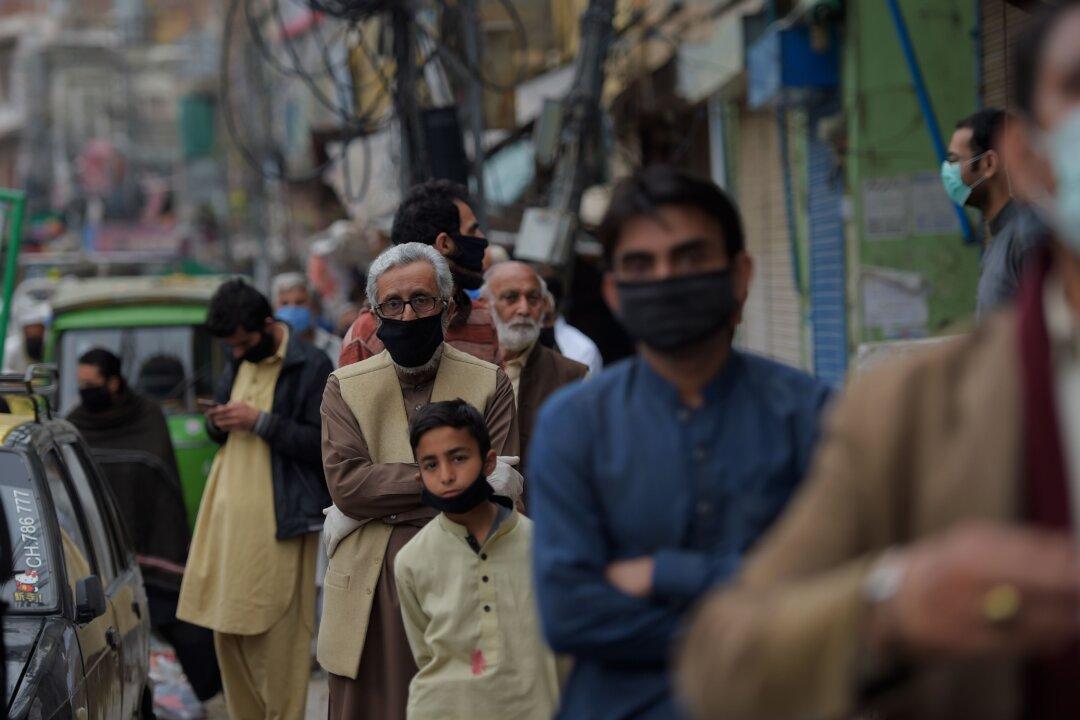WASHINGTON—China has lured many countries into a debt trap through its Belt and Road Initiative (BRI) in recent years, and now there is a growing concern in Washington that Beijing could exploit the ongoing pandemic to further expand its geopolitical influence through predatory practices.
China’s BRI, also referred to as “One Belt, One Road” or the “New Silk Road,” is one of the world’s most ambitious and controversial development programs. Since its launch in 2013, Beijing has poured billions of dollars into emerging countries to help build massive infrastructure projects.





